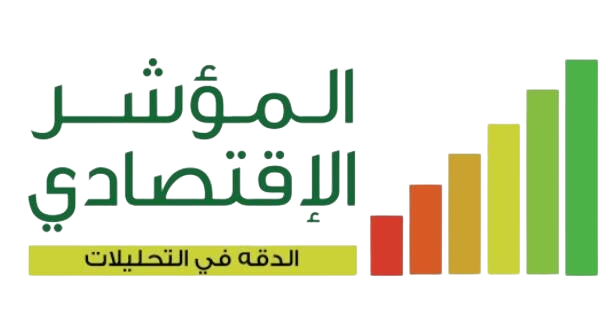Saudi Arabia Leads Real-Time Payments Revolution in the Middle East — ACI Worldwide Report

- The future of real-time payments in Saudi Arabia looks promising, with transaction volumes reaching 352 million in 2022 and forecasted to climb to 1.2 billion in 2027 — a compound annual growth rate (CAGR) of 26.1%
- The Middle East is the fastest-growing real-time payments market in the world, with transactions estimated to grow from $675 million in 2022 to $2.6 billion by 2027
The Kingdom of Saudi Arabia (KSA) continues to lead the real-time payments revolution in the Middle East as the region’s largest real-time payments market. 352 million real-time payment transactions were recorded in 2022, forecasted to climb to 1.2 billion in 2027, a compound annual growth rate (CAGR) of 26.1%, according to the 2023 Prime Time for Real-Time report, published by ACI Worldwide (NASDAQ: ACIW), a global leader in mission-critical, real-time payments software, in partnership with GlobalData, a leading data and analytics company.
In light of the government’s support to advance the real-time payments modernization of the national payments infrastructure, Saudi Arabia has seen an accelerated shift towards non-cash payments in recent years. In 2027, the majority of payments in the Kingdom are expected to be electronic, with 7.4% being real-time payments and 48.6% other forms of electronic payments.
The report also reveals that Saudi Arabia has broken into the global Top 10 for mobile wallet adoption – taking spot number 9- with 80% of consumers in Saudi Arabia stating they are avid mobile wallet users. This can be partly attributed to the Kingdom’s response to COVID-19, as the government urged consumers to adopt new forms of cashless payments.
Much of Saudi Arabia’s real-time payments success can be credited to the Kingdom’s Vision 2030 plan, which promotes the modernization of the country’s payments infrastructure and the adoption of digital payments to foster economic growth and financial inclusion.
“With two-thirds of the population under the age of 25, real-time payments are going to continue to flourish and pave the way for more economic growth and financial prosperity across Saudi Arabia,” said Santhosh Rao, Senior Vice President, MEASA, ACI Worldwide. “As an early adopter of real-time payments infrastructure, the market has seen outstanding growth over the last few years, and this is only set to continue as the country focuses on its Vision 2030 agenda. ACI has worked across the world to support governments and banks as they roll out real-time payments, and we are delighted to be a leading provider in the Middle East to help countries in the region reap the benefits of real-time payments.”
The report finds that the Middle East is the fastest-growing real-time payments market globally, with transactions expected to grow from $675 million in 2022 to $2.6 billion by 2027, a CAGR of 30.6%. Saudi Arabia is currently the biggest market in the region, closely followed by Bahrain. As governments and regulators in the Middle East are setting new mandates for adoption, countries including UAE, Qatar, Kuwait, and Oman are expected to launch domestic real-time schemes soon, with innovative features and new services for consumers and businesses high on the agenda.
The ACI Worldwide report confirms Saudi Arabia’s position as an emerging fintech hub and highlights its commitment to promoting financial inclusion, supporting innovation and driving economic growth in the region.
ACI Worldwide powers 25 domestic and pan-regional real-time payment schemes across six continents — including nine central infrastructures — providing solutions to central banks, participant banks, fintech and other payment service providers. The Middle East is among the company’s leading regional markets — ACI is currently supporting three countries in the region to build domestic real-time payment infrastructures. This adds to ACI’s long history of success in Asia, where ACI powers the central infrastructures for Indonesia, Malaysia and Thailand and supports many real-time payment schemes across the APAC region, including Singapore, Philippines and Australia.






